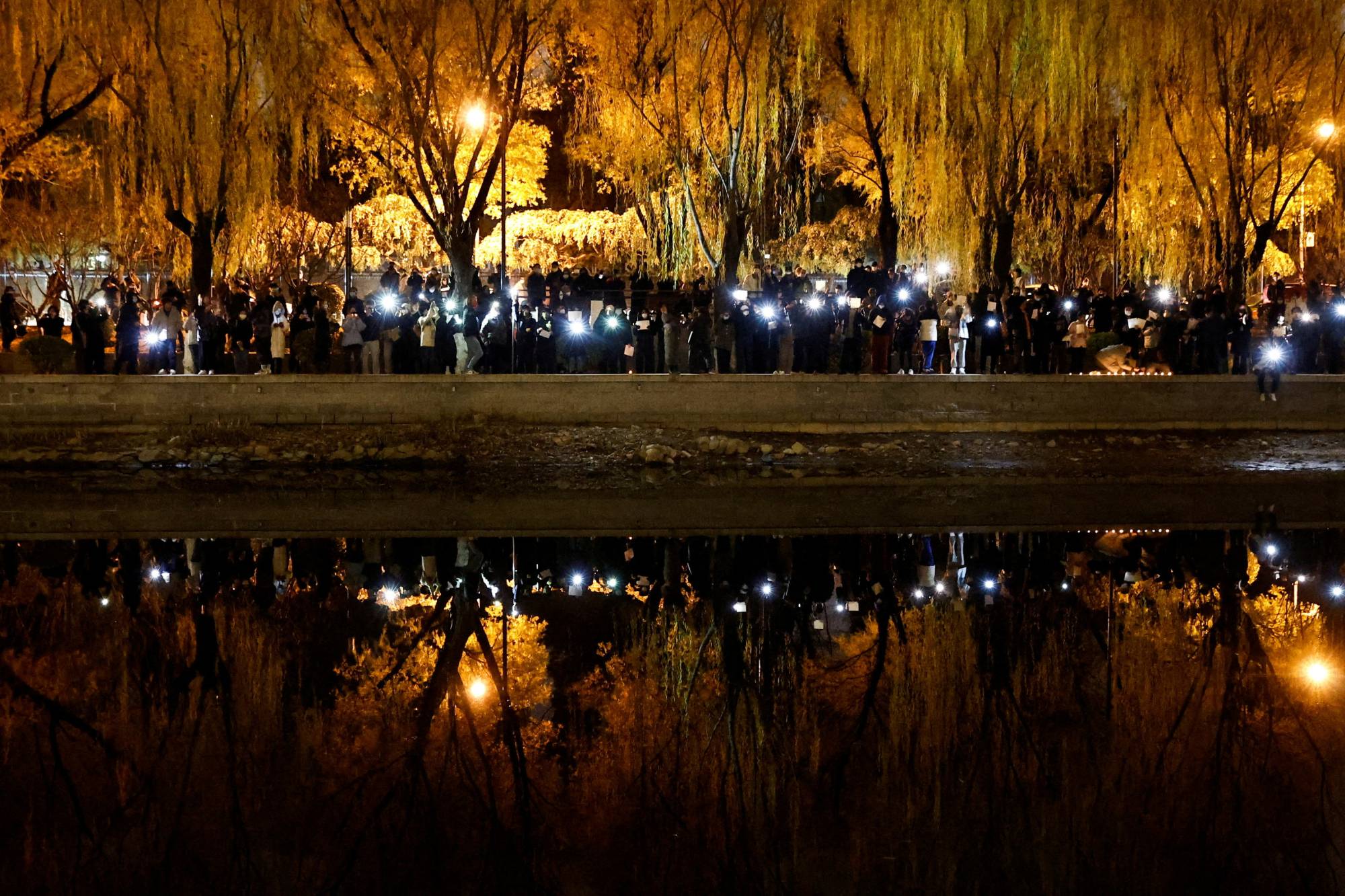The first weekend after COVID-19 restrictions ended last month, dozens of young Chinese jostled in the dark at a heavy metal concert in a tiny Shanghai music venue that reeked of sweat and hard liquor.
It was the kind of freedom young Chinese had demanded in late November in protests against the "zero-COVID" policy that became the biggest outpouring of public anger in mainland China since President Xi Jinping took power a decade ago.
After three years of lockdowns, testing, economic hardship and isolation, many of China's Generation Z — the 280 million born between 1995 and 2010 — had found a new political voice, repudiating their stereotypes as either nationalist keyboard warriors or apolitical loafers.



